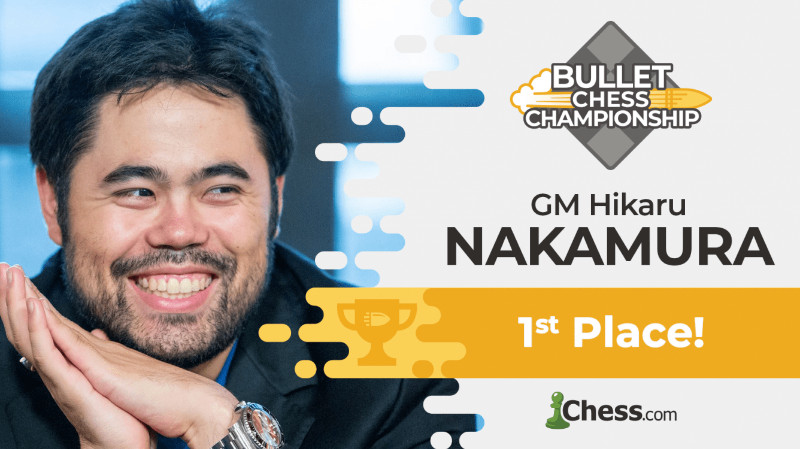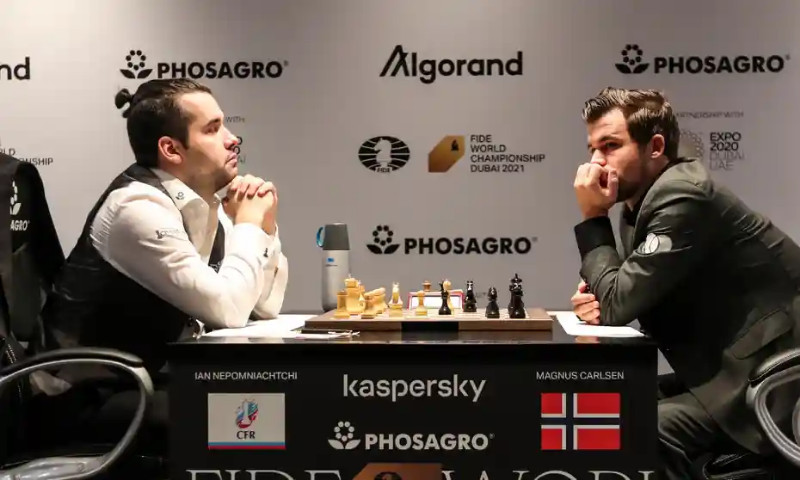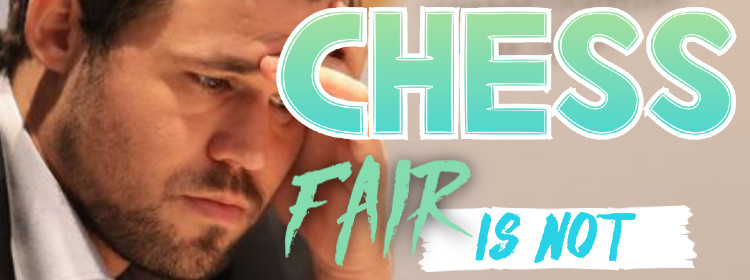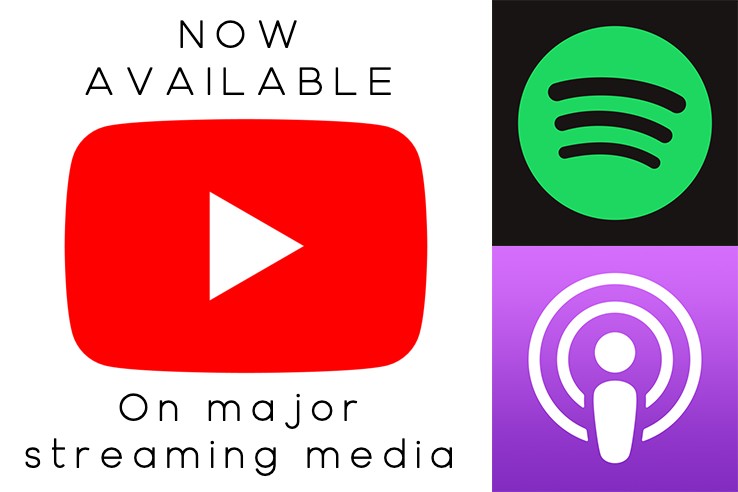When I was a child, justice for me carried a very high value. Especially in chess, the rules were clear, and the better won. Sometimes it felt bad because I was "better" and I still lost. Then there were only two options - I'm mistaken, and I'm not better (unlikely) or chess is not fair. Let us consider whether chess is fair and what is fairness.
I was playing the opening of the game nicely, even the following moves, I was reaching a winning position, but then I have made a mistake and have lost. Is it fair? I'm indeed better - look how I crashed the opponent - but then some nonsense happened, and the opponent undeservedly won. As a child in such cases, I wanted to take the move back (sometimes even cried) and the rule touch and play, or the rule that once I release the figure, I can no longer change the move, it all seemed strict to me.
Hopeless
Sometimes I won a "lost game" something the opponent overlooked and fell. Suddenly it was not so unfair, since chess is played until the checkmate and in the end, it turned out who is better. I liked to play blitz games, there were mistakes, there were tactical turns, traps worked, it was the game for me. In a recent book by authors Nakamura and Harper with the title Bullet Chess - One Minute to Mate, the authors write about even bigger twists - black in a hopeless position plays a tricky queen move: he does not cover a one-move checkmate anymore but creates an imaginary threat and white instead of giving checkmate, starts defending (ineffectively) and loses. The authors are asked at the beginning of the book if Bullet Chess (one-minute games) is considered as chess, they claim, that no, it is not!. I understand that sometimes mistakes are part of the game, they are part of justice.

Mistakes are part of the game
A different view of mistakes - over time, I began to understand chess more. I began to understand the games of the grandmasters and began to appreciate the depth of ideas and the accuracy with which they play. I learned that their understanding of chess is higher, stupid moves are immediately rejected, they only see the essential features of the position. The desire for the one who understands chess better, the desire for games where one side plays flawlessly and thanks to that win, has reappeared in me. In an article on the Linares tournament 2003, Ian Rogers (1) recalls Kasparov's outrage when his loss to 15-year-old Teimour Radjabov was declared the best game in the tournament. Kasparov said it is a scandal and a humiliation of him and the chess. The opponent won because he made mistakes, and not because Radjabov played well. Yes, mistakes are part of the game, but the "best game" should not be the game that is won due to the opponent's mistake (a few years later, however, Kasparov was more conciliatory on this topic).
Give up? Never
Two big chess events have recently ended - the World Championship match between Magnus Carlsen and Ian Nepomniachtchi and the World Rapid Chess and Blitz Chess Championships. In the match between Carlsen and Nepomniachtchi, the 6th game was decisive, it lasted more than 8 hours, and Carlsen won it after 136 moves. For a long time, the scales weighed one side to the other at a time. In the last phase of the game, when there were only 7 pieces on the board - Carlsen had a rook, a knight, and two pawns against the Nepo’s queen - a computer thanks to 7 men tablebase (the database of all positions with seven pieces) - evaluated the position as a draw - but it had to be played exactly. Thanks to his unwavering will for victory, Carlsen played and played until Nepo made a mistake and won. Some weeks later at World Rapid Chess Championship, Carlsen was the one who "defended" in the draw position. In a situation where he had little time to think, he eventually lost the game to the later winner of the tournament, 17-year-old Uzbek Nodirbek Abdusattorov. The common feature of these games was that the party having the chance to win a draw position in case of inaccurate play of the opponent persevered and tried everything, maneuvered until the weaker party finally made a mistake. The victory was strong will perseverance rather than of the understanding of chess. Someone has said that when I force the opponent to solve difficult problems for a long series of moves, he will eventually make a mistake. Is it fair like this? (This lesson doesn't work when we play against the computer or programmed engine).

Is willpower or fatigue part of justice?
What is fair? I think there are two different understandings of the concept of justice – first one: justice is what happens under the law, the rules and second one: justice is what (subjectively) we feel internally, which is in line with our expectations, experience, regardless of the law (extreme position - fair is what is good for me). Sometimes the difference between these two concepts leads to a change in the law. Other times it is tragic for the individual. However, the rules of chess have changed minimally, so they are probably fair and subjective.
We welcome all your (especially Dadaist) proposals to change the rules of chess, we will publish the best of them.
Let’s start with first new rule:
The pie rule!
Instead of picking one player ahead of time to be white and go first, have Player 1 make a move for white. Then, Player 2 gets to decide which color they want to play as. This rule leads to fairer games, as Player 1 will have an incentive to make an opening move just strong enough for the game to be balanced.
The pie rule is based on the principle of sharing a pie between two people; have one person cut, and the other decide which piece they want. The great thing is that it works for almost any game, not just chess.
What do you think?
Tomas Hecht
Chess Analyst
OM Team
Source: (1) Chess Informant 146




